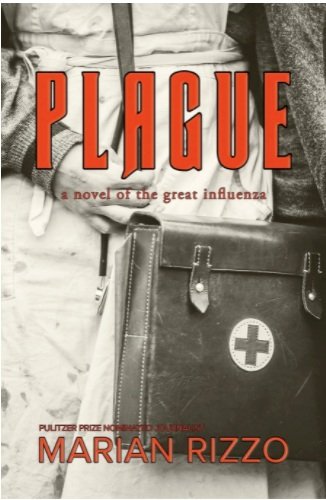Plague - A Novel Review
Historic fiction at its most timely! This World War I era family drama is wonderfully told from the perspective of a nurse and mother married to the town physician as they witness their community besieged by the deadliest flu in American history.
The author, Marian Rizzo, makes devastatingly clear the perfect storm of this pandemic hitting during World War I. Medical doctors and nurses are away from home, serving in the field, and cannot answer the call for help at home. At the same time, no matter where the flu originated, the deployment of soldiers to and from nations across the world only spread the disease exponentially.
Rizzo’s narrative style is perfectly suited for this clinical yet intimate perspective on how the invisible threats among us tear at family and society.
I have to say, I was repeatedly surprised to read the odd similarities between the COVID-19 era we find ourselves in and the events that took place over a century ago. There are swirling feelings of helpless in the haze of misinformation. There’s the isolation from community and family as the invisible threat spreads. And, most intimately in Rizzo’s novel, we witness the toll of medical professionals that must struggle between performing their duty and protecting family.
The author’s main character is at one moment intimate and caught in the minute-by-minute drama of the sickness hitting her own family. And, in the next moment, she’s narrating her family’s immigrant story growing up in the bustle of the city or her husband’s small-town medical practice when the world still moved at the pace of horse and buggy. Never is the backstory a dreaded info-dump to which some novels are guilty. In fact, the author peppers her story-telling recipe with just the right number of details delivered with purpose and finesse in the middle of the action.
HIGHLIGHTS
The Point of View is a strong choice. This story reads like a memoir, which gives the reader so many perspectives from one singular character - not only the tragedy of a global influenza but also the warm details of how she and her husband met and fell in love while tending to the slums of Philly. Likewise, we get to see the grittier, sometimes comedic and sometimes unpleasant, nuances of growing up in an immigrant family in the USA at the start of the 20th century.
BONES TO PICK
Strangely, my one bone to pick with this story is also the highlight, the Point of View. In the first few chapters, we never really know the state of our narrator as she jumps across time telling us the story. Is she very old? Is she in her mid-age? Does she still live in Philly? Also, the thousand-foot view of this memoir-style tale provides a breadth of medical and historical context …but that breadth of context inevitably removes some of the immediate danger and emotion from the story. Though I prefer more immediate and emotional stakes, some readers may find this added distance a welcome safe-space while immersed in a story that is very close to home in our current times.
SUMMARY
I highly recommend Plague if you’re a fan of historical fiction. Marian Rizzo has clearly done her homework regarding the time and place, the people of Philadelphia, the immigrant story; her passion for the history provides so much layered nuance to successfully immerse the reader.
At the core, Plague is an examination of the fragility and yet warmness of the community in the midst of an invisible threat among us.
Pick up Rizzo’s book and become enveloped in a story depicting how much history has changed and yet how much people have not.

